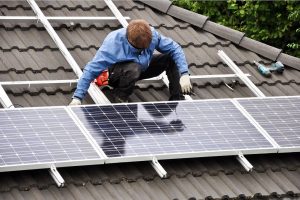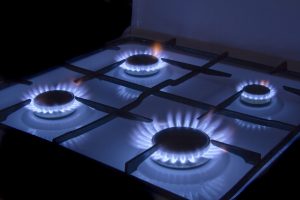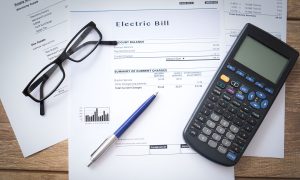With energy costs continuing to rise and concerns over climate change becoming ever more pressing, homeowners across the nation are turning to an innovative solution: rooftop solar panels. By harnessing the sun’s abundant rays, residential solar installations allow households to generate their own clean, renewable electricity right from their rooftops, effectively transforming homes into self-sustaining power plants.
The Advantages of Residential Solar Installation
One of the primary advantages of going solar is the potential for substantial long-term savings on electricity bills. While the initial investment in solar panels can be significant, the energy they produce is free once the system is paid off. This means that over the lifetime of the installation, which can span 25 years or more, homeowners can recoup their upfront costs many times over through reduced or eliminated electricity bills.
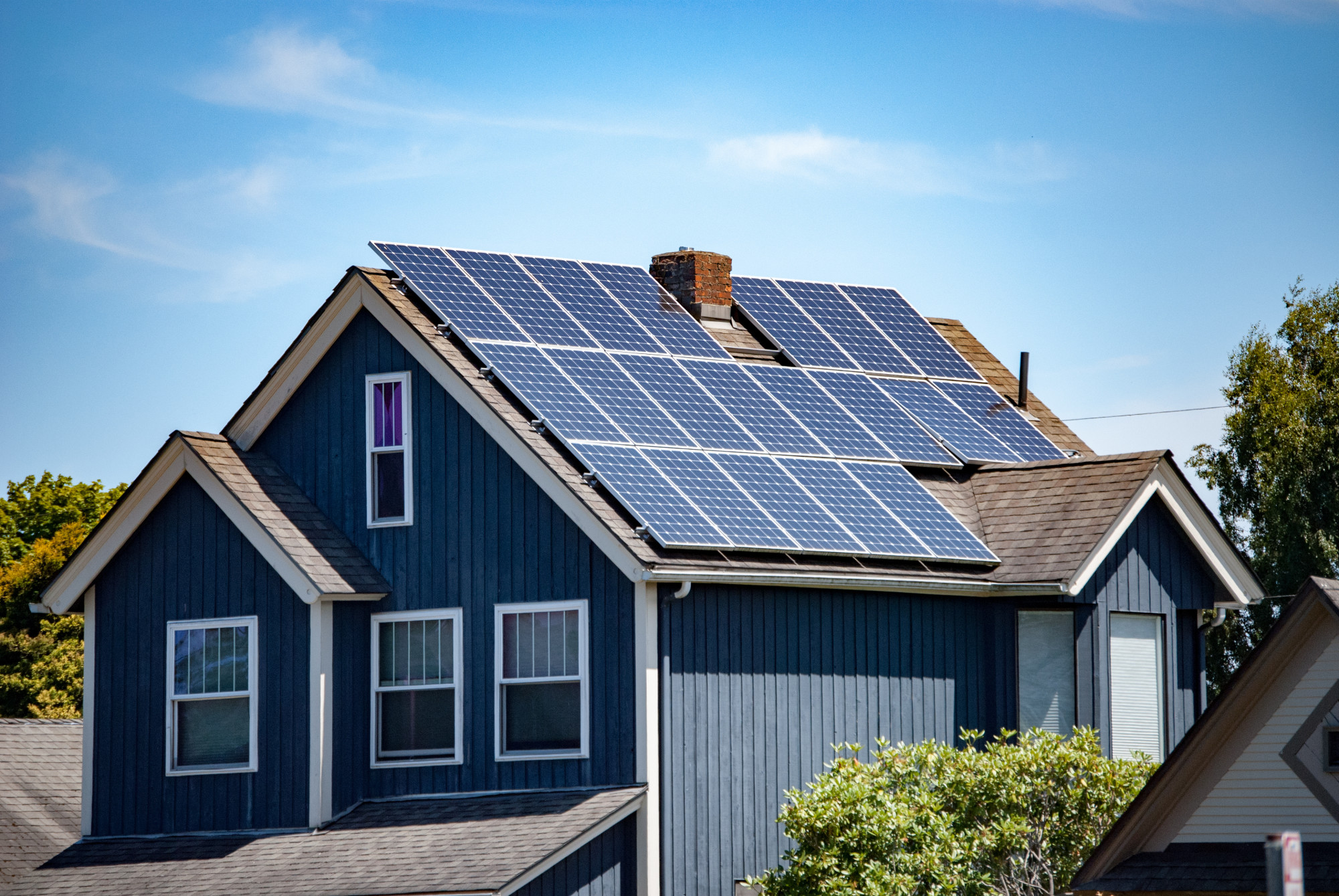
In addition to the financial benefits, residential solar offers a range of environmental advantages. By generating electricity from a renewable source, solar panels help to reduce a household’s carbon footprint and reliance on fossil fuels, which are major contributors to climate change and air pollution. This makes solar an attractive option for eco-conscious homeowners looking to minimize their environmental impact.
Another key advantage of solar is its scalability and versatility. Solar panels can be installed on rooftops of virtually any size or orientation, allowing homeowners to tailor their system to their specific energy needs and roof characteristics. This flexibility means that solar is a viable option for a wide range of households, from modest single-family homes to larger multi-unit dwellings.
Furthermore, many states and municipalities offer financial incentives for homeowners who install solar panels, such as tax credits, rebates, and net metering programs. These incentives can further improve the economic case for going solar, reducing the payback period and maximizing long-term savings.
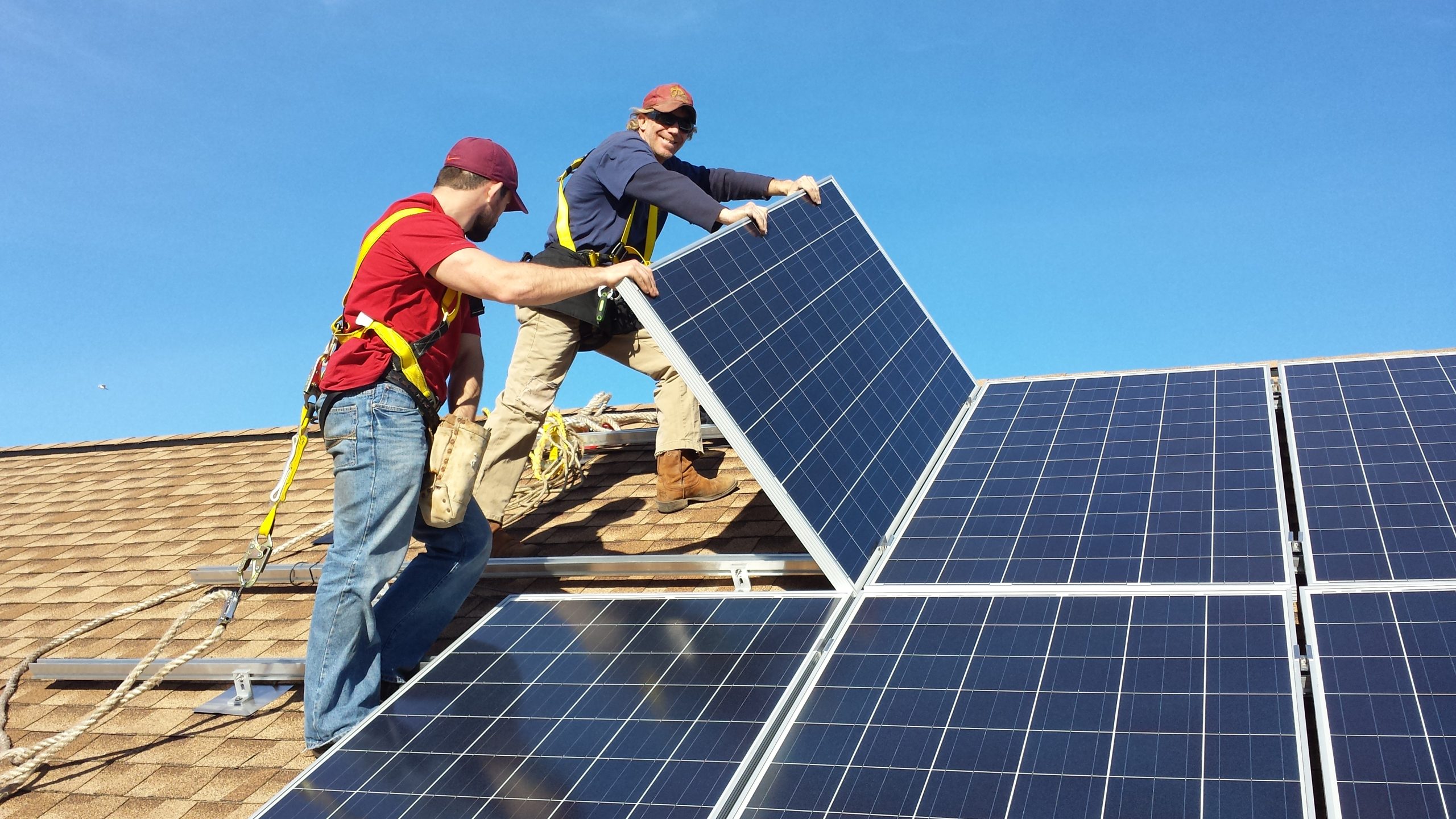
Of course, like any home improvement project, residential solar installations come with some challenges and considerations. These may include navigating local permitting and zoning regulations, ensuring proper system sizing and design, and identifying a reputable solar installer. However, with proper planning and guidance, these obstacles can be effectively managed.
As technology continues to advance and the demand for renewable energy sources grows, residential solar installations are poised to become an increasingly attractive and accessible option for homeowners seeking to take control of their energy costs, reduce their environmental footprint, and embrace a more sustainable future. By turning their rooftops into power plants, households across the country are paving the way for a cleaner, greener, and more self-sufficient energy landscape.

